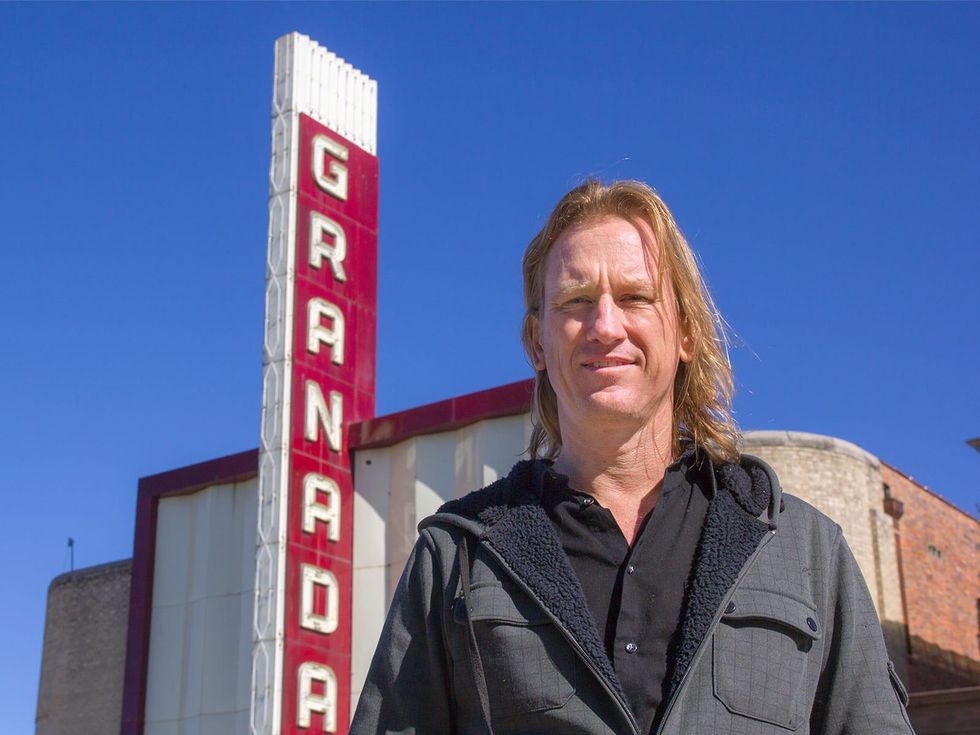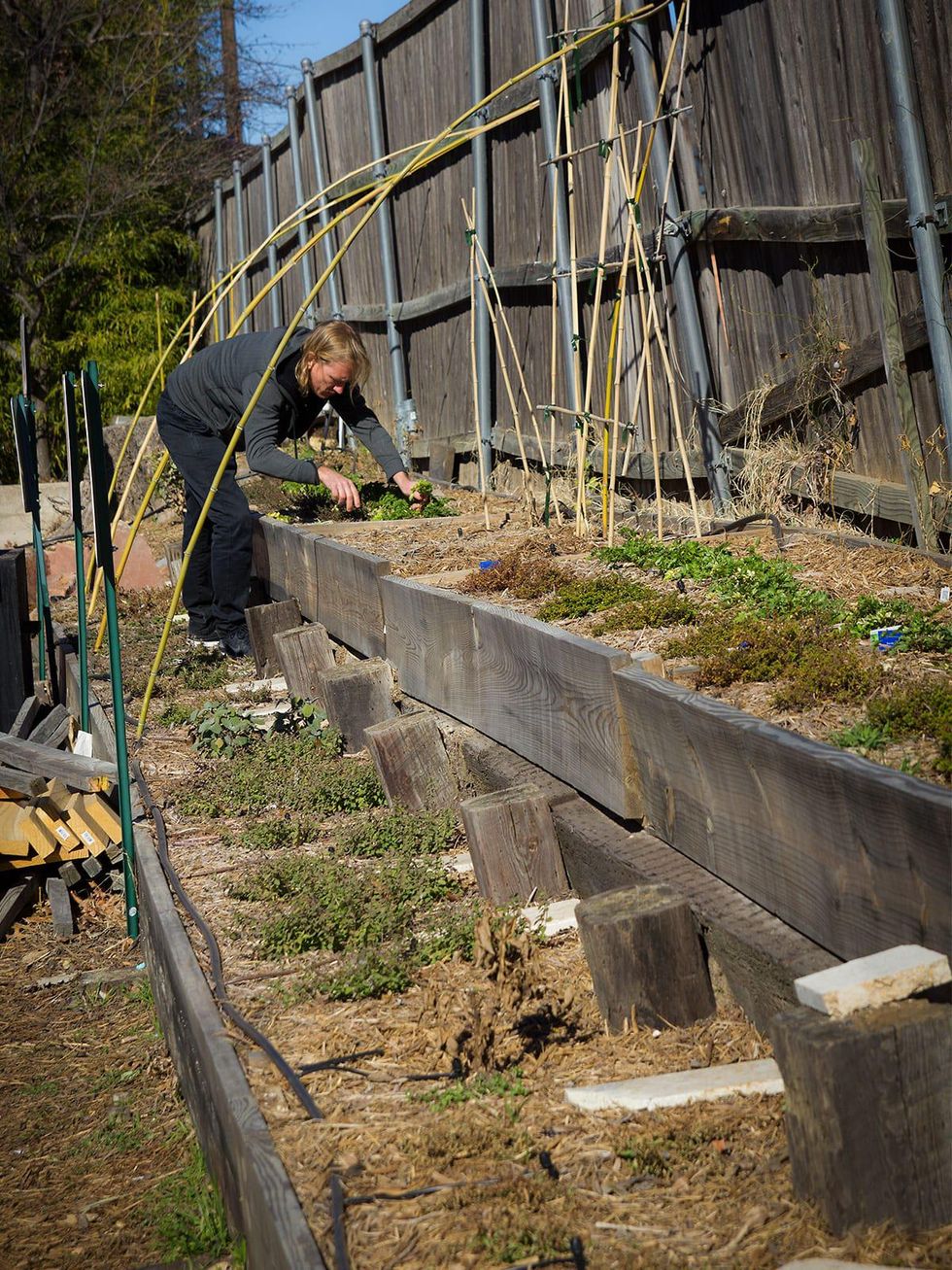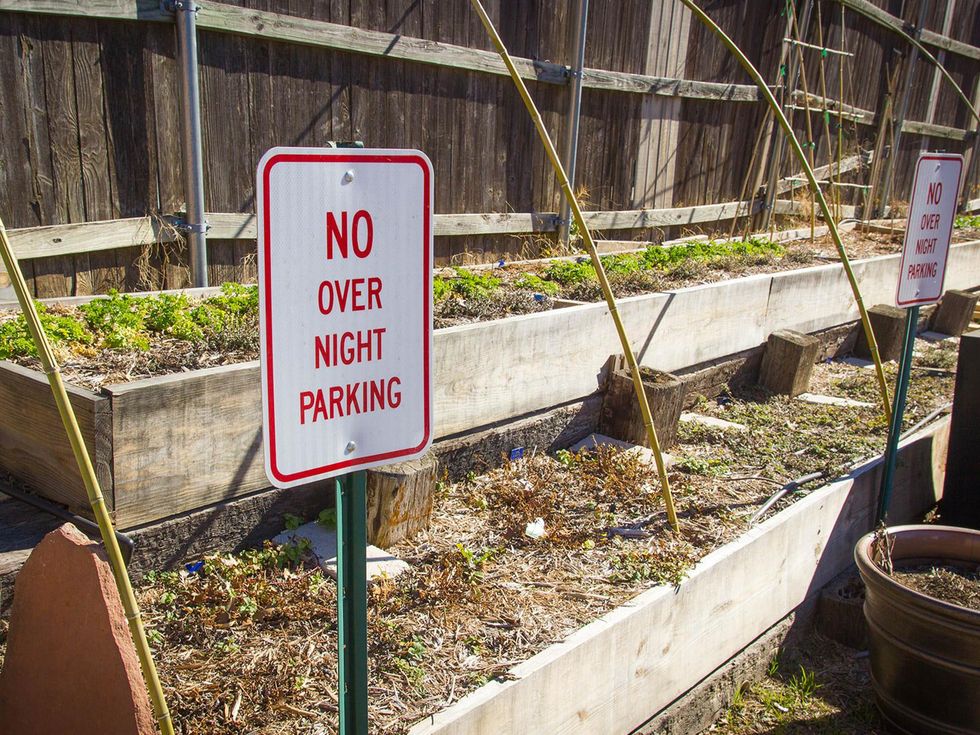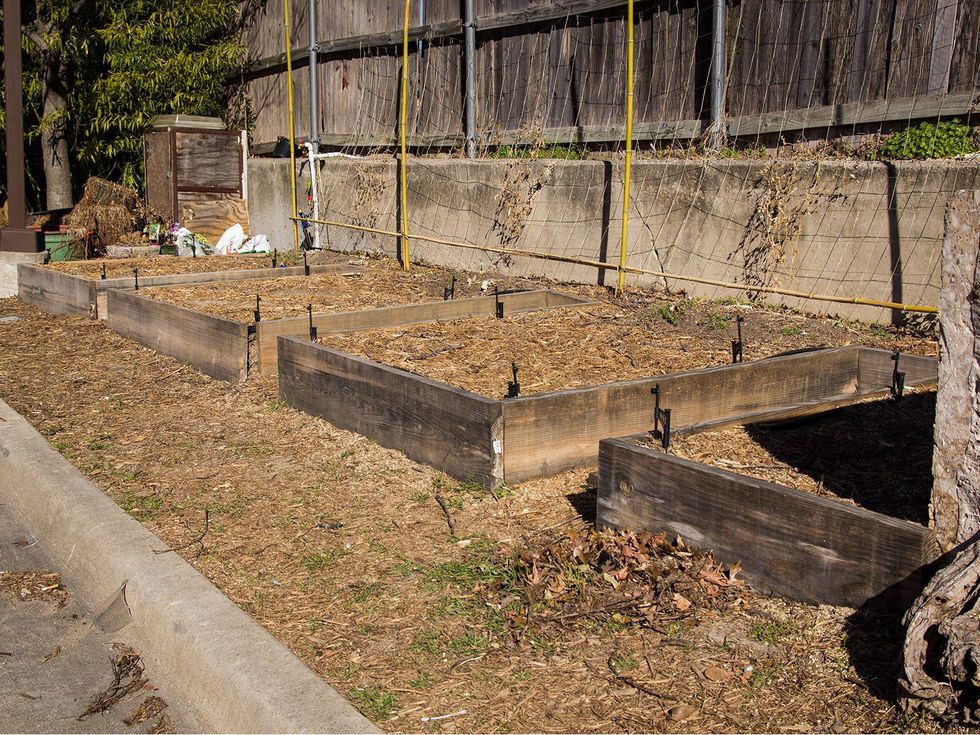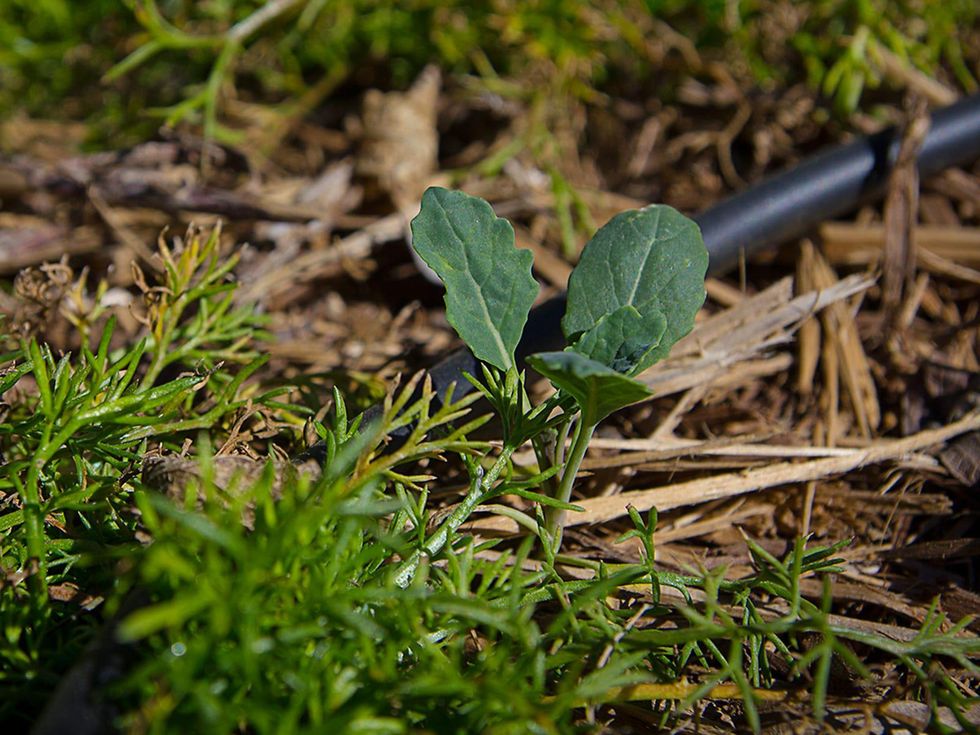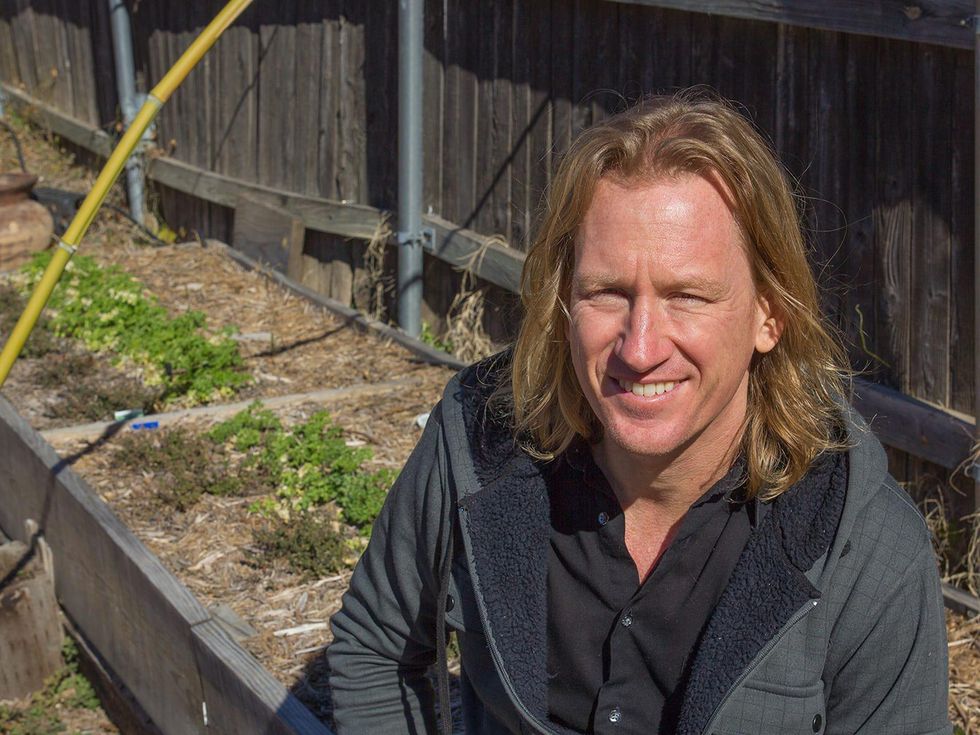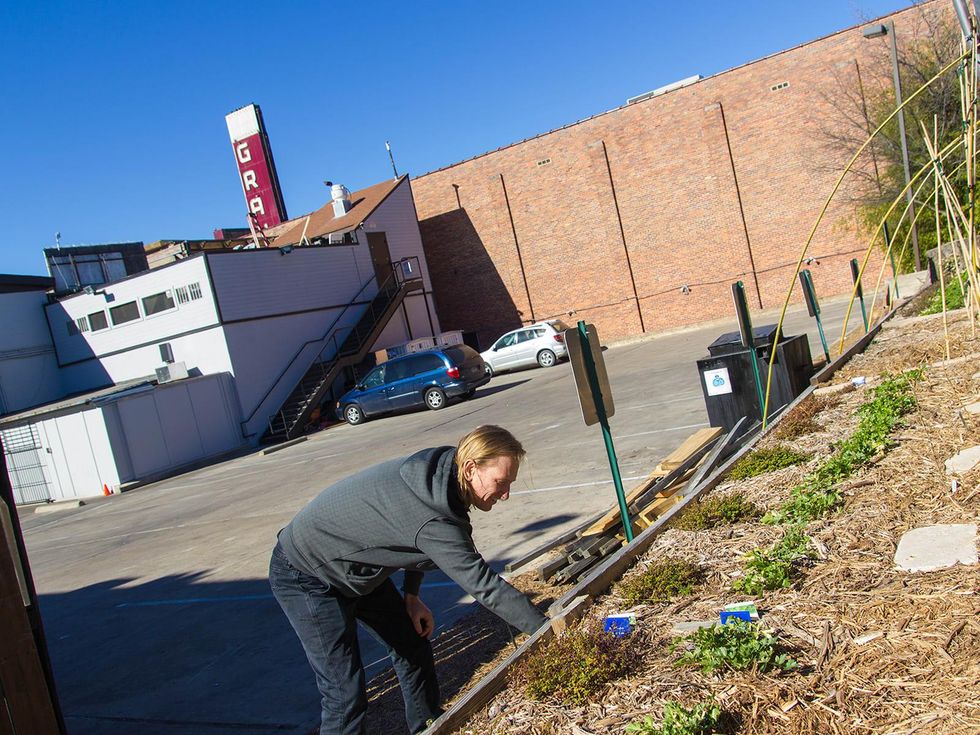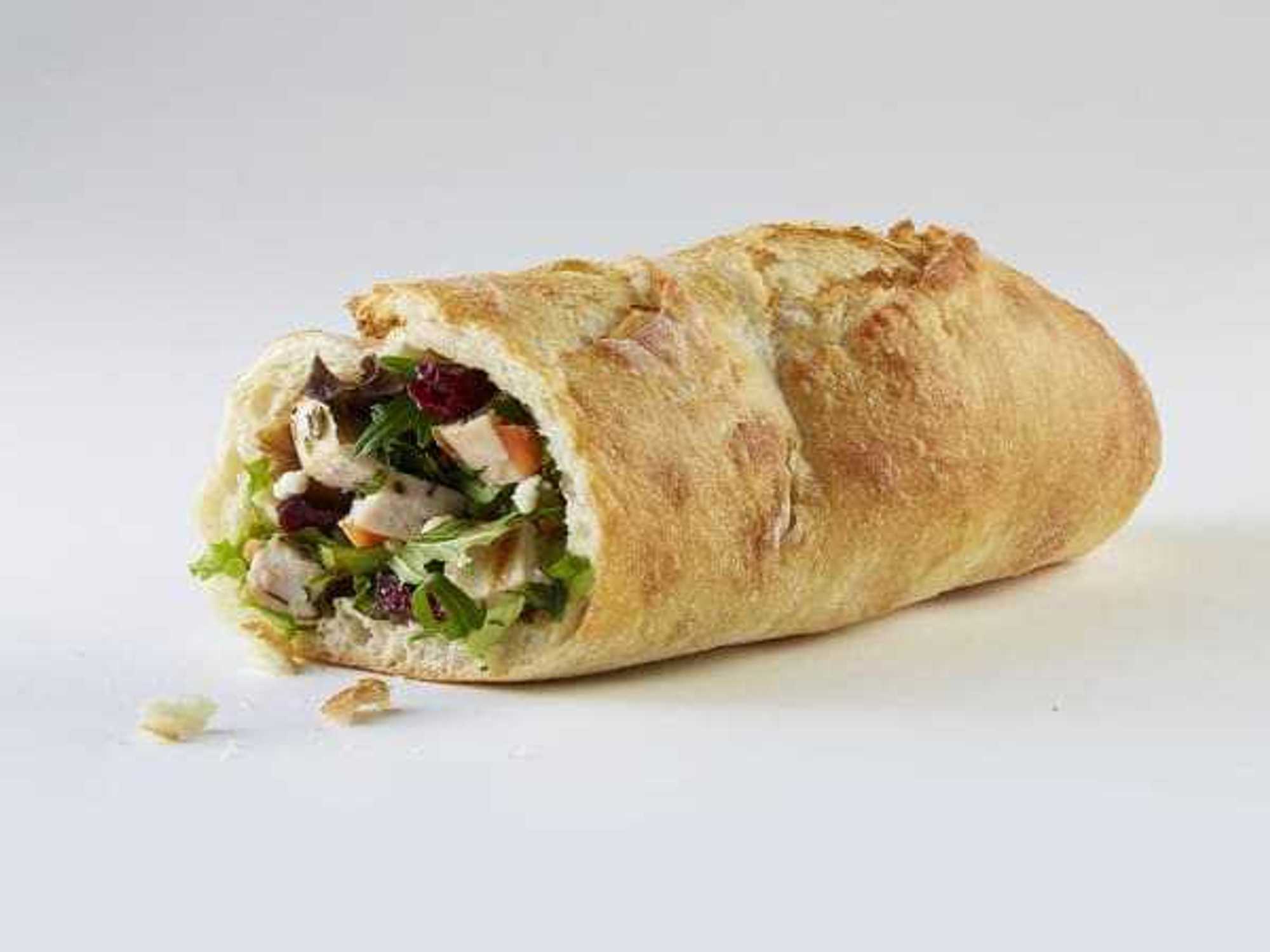The Farmer Diaries
Sundown at Granada owner builds urban garden paradise in parking lot
In a spot that otherwise might have been a patch of cement, a small garden flourishes behind Lower Greenville's Granada Theater, serving as a brave ambassador for the local food movement.
The garden is the brainchild of Michael Schoder, owner of the Granada and the adjacent restaurant Sundown at Granada. He took what was formerly a weedy, litter-prone strip bordering the east side of his parking lot and turned it into 700 square feet of gardening space. He and chef Patrick Stark use the harvest for Sundown's nearly GMO-free menu, and the garden beautifies a spot that was once unremarkable.
"We should all be eating fresh food out of our backyards, our apartment patios," says Sundown at Granada owner Michael Schoder.
Now, in the dead of winter, there's not much to see other than a few cold-hardy plants making a rebound after the recent Polar Vortex. But last year's harvest of kale, Swiss chard, basil and other herbs was promising enough to persuade Schoder that the garden is worth developing.
He hopes his success can demonstrate how easy it is to add healthy changes to our lifestyle and how we can make better use of our land.
"We're going to grow with this and use it for the restaurant, but this is an example people can come and see," he says. "They can see that, in whatever possible space you can allocate to grow, we all should grow. We should all be eating fresh food out of our backyards, our apartment patios. We should all be eating something fresh and living everyday."
Building an urban garden
About 7 feet wide and 100 feet long, the spot is the kind that becomes compacted under heavy foot traffic. It would seem to offer too little room for anything useful. It's also sloped, which complicates its potential.
Schoder was unfazed. To level out the incline, he built a long, two-tiered raised bed frame, each row about a foot or two tall. For the frames, he used a pile of reclaimed wood he'd gathered and stored in his garage over the years, minimizing his cost. At the north end of the space where the ground was flatter, Schoder built three 4-by-4-foot raised beds.
He brought in a truck load of soil and improved its fertility by adding a variety of organic soil amendments — worm castings and minerals, mostly. He topped everything off with mulch to keep moisture in and soil temperature down.
As a labor-saving device, he installed an off-the-shelf drip irrigation system of polyethylene tubing with drip emitters throughout the beds. An inexpensive irrigation timer that screws onto an outdoor water spigot turns the water on and off automatically, getting just the right amount of moisture to the plants.
"If everyone could start growing the little things that we consume on a regular basis, think of how much more self-sufficient we'd be," Schoder says.
"Most people who garden get frustrated because if they go away for vacation, they come back and everything is dead," Schoder says. "Drip irrigation is the way to take the hassle out of gardening; it's the only way to make this work, with a lot less labor."
He planted kale, Swiss chard, spinach and a variety of herbs: basil, oregano, chamomile and more — a little of everything. He went on to fill just about every suitable spot in his restaurant with one form or another of planter. Large pots on the patio hold pretty, edible crops, and a gutter-type planter on top of the bar rail is filled with herbs.
"So far the basil is huge," he says. "In the bar, we use a lot of the mints — peppermint and spearmint — and lavender. We had a bunch of parsley. Most everything I grew last year was experimental. Now we're determining what we can grow the most of and grow reliably for our kitchen."
Schoder is a firm proponent of the "buy it local" mode.
"When food is transported from far away, it's cut off from the vine in more ways than one," he says. "Look at food that's been picked before it's ripe and trucked in, and compare that to food that's vine-ripe and picked nearby. Which is going to be healthier? Which is going to taste better? So I'm looking for ways to bring food production closer.
"If you own land or even if you rent and you can grow in a pot — if everyone could start growing the little things that we consume on a regular basis, think of how much more self-sufficient we'd be and how much more prepared we'd be if something hit the fan."
Schoder, whose parents gardened when he was young, also derives personal fulfillment from the garden, appreciating the break it offers from his typical 100-hour work week.
"To come out here and take care of the garden gives me sanity," he says. "The growing, the pruning, the harvesting is all as enjoyable to me as being in a live concert environment."
